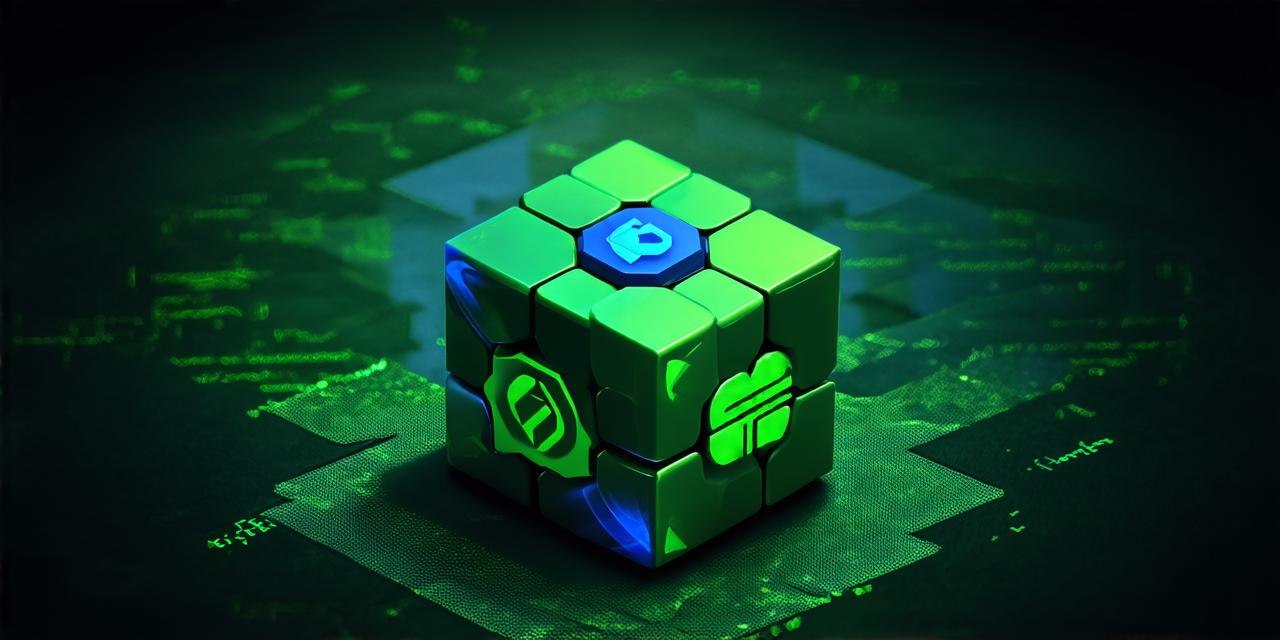
Unity Overview
Unity is a cross-platform game engine that allows developers to create games for various platforms, including PC, mobile, console, and VR. Unity was first released in 2008 by Unity Technologies and has since become one of the most widely used game engines in the world.
Some of the key features of Unity include:
- Support for 2D and 3D graphics
- Built-in support for animation, audio, and physics
- A large community of developers and assets
- Easy integration with other tools and services
Unreal Engine Overview
Unreal Engine is another popular game engine that was first released in 1998 by Epic Games. Unreal Engine has since been used to create some of the most visually stunning games in the industry, including Fortnite and Gears of War 4.
Some of the key features of Unreal Engine include:
- High-performance graphics rendering
- Advanced animation tools
- Built-in support for AI, networking, and multiplayer
- Integration with other Epic Games products, such as Blueprint Visual Scripting
Which Engine is Right for You? A Comparison
When deciding between Unity and Unreal Engine, there are several factors to consider. Here’s a comparison of the two engines:
Performance
Both engines offer high-performance graphics rendering, but Unreal Engine has an edge in this area due to its advanced animation tools and support for AI, networking, and multiplayer. However, Unity’s built-in support for physics and easy integration with other tools make it a strong contender for games that require precise physics simulations.
Graphics Capabilities
Unreal Engine offers some of the most advanced graphics capabilities in the industry, with features such as ray tracing and global illumination. On the other hand, Unity has made significant strides in improving its graphics capabilities, including the introduction of real-time ray tracing and support for HDR rendering.
Community Support
Both engines have a large community of developers and assets, but Unity’s community is particularly active and supportive. This makes it easy to find resources, plugins, and assets that can help you save time and streamline your development process.
Ease of Use
Unity is known for its user-friendly interface and easy integration with other tools and services. However, Unreal Engine has made significant improvements in this area, particularly with the introduction of Blueprint Visual Scripting, which allows non-programmers to create complex game logic without writing code.
Cost
Both engines offer free versions with limited features, but to access the full range of capabilities, you’ll need to upgrade to a paid version. Unreal Engine has a more expensive pricing model, particularly for larger projects, while Unity offers more affordable pricing options.
Real-Life Examples
Unity:
Epic Games, the creators of Fortnite, used Unreal Engine for the game’s development. However, they also used Unity to create some of the game’s earlier versions, demonstrating the versatility of the engine.
Nvidia used Unity to showcase its ray tracing technology, which is a key feature of their RTX graphics cards.




